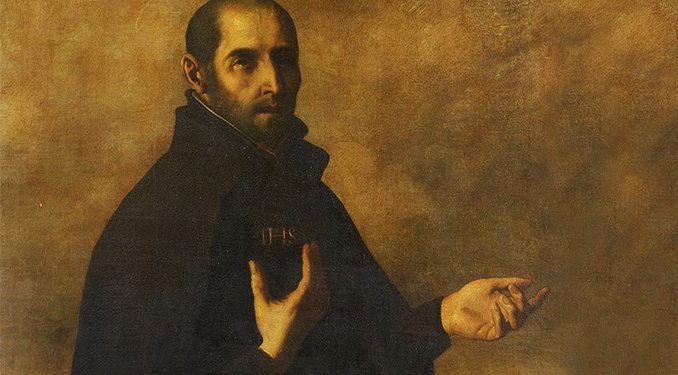For millennia the family craft would dictate one’s career. The son of a farmer is expected to be a farmer, the son of the fisherman will become a fisherman, and the son of the carpenter will become a carpenter. Within the past century a new model of choosing your own career became the norm. You could apprentice in a chosen field before you set down a lifelong career that would usually result in decades of work, at the same firm, and end with a comfortable retirement. Today the attitudes are changing once more, as switching between career paths is becoming more and more common. Our highly dynamic job market makes remaining in the same job for life a less viable option.
Yet with every change comes its costs. While my generation is blessed with an enormous (and growing!) number of opportunities, the cost of choosing between them rose accordingly. The great variety and benefits of the exponentially increasing number of opportunities available to us has increased the anxiety surrounding opportunity cost. Almost all of my friends, at one time or another, have struggled with this opportunity cost. Whether trying to decide between academia or media, law or business, the choice is made difficult because both options can seem so good at times. Deciding on your degree, which costs no small amount of money, or deciding on where you spend the first few years of your working years will impact and shape you and your future decisions. For many this decision can be daunting, even paralyzing, as every door you walk through closes a hundred you will never be able to enter again.
If we were eternal beings, opportunity costs of decisions would not be an issue. Time is the real enemy of making important and serious decisions. Life happens, people grow older and life moves on regardless of your ability to make decisions. The more time you take to decide on a path in life, the less time you have to walk on that path. This fact should not be used as a reason to rush through decision making, but as an incentive to understand the decision making process better, so as to make decisions informed and effective.
St. Ignatius of Loyola, founder of the Jesuits, created a method for discerning difficult decisions. Ignatian spirituality is an approach to prayer and relationship with God with the goal of being a practical method to grow deeper with Christ. Part of this method is the discernment of spirits, a process of dealing with important practical decisions.
While recovering from serious battle injuries, Ignatius took to reading scripture and began to reorient his life according to God’s will and not his. While he was bed-bound, he began to write about the movement of evil and good spirits in one’s actions. Identifying these ‘spirits’ that guide our actions, he began to form the basis for Ignatian Discernment.
Ignatius came to understand there to be two spirits that differentiated inspiration from God or inspiration otherwise. Within Ignatian spirituality (as well as within much of Christianity) every action has meaning and a purpose. Our every conversation, step, and breath can bring glory to God, who can be found in all things. On the flip side, every moment can also be an opportunity to push away the divine for other worldly things. As such, the key to making a good decision lies in discerning what ‘spirits’ come from God.
“It belongs to God our Lord to give consolation to the soul without preceding cause, for it is the property of the Creator to enter, go out and cause movements in the soul, bringing it all into love of His Divine Majesty.” (St. Ignatius’ Spiritual Exercises)
By looking at where our actions have taken us, whether they are likely to make us grow in Christ or not, deciphering between decisions becomes easier. The is no deceit in consolation. When we experience a consolation void of guilt or deception, we can proceed with a greater confidence along the chosen path.
Both evil spirits and good spirits can console the soul, but for different purposes. A spirit that is good and from God seeks to profit the soul, that it may rise and grow to become better than it was before. Evil spirits may console for a time; it is later on that this temporary consolation draws one to wickedness and damnation. It is characteristic of a good spirit to give strength and peace that lasts. Asking whether in a decision we find ourselves blessed or not is a good rule of thumb to discern between spirits.
Even with the help of St. Ignatius, there are decisions which God allows us to make on our own, with either option being the right or wrong option. With these decisions, sometimes simply taking the next step forward is the prudent thing to do. While discernment is important, it can be done to an excess, especially when trying to find the ‘perfect’ decision. Higher opportunity costs are a growing part of life in the world today; nevertheless wisdom from a centuries-dead saint still can provide a groundwork for navigating our changing world.


Leave a Reply